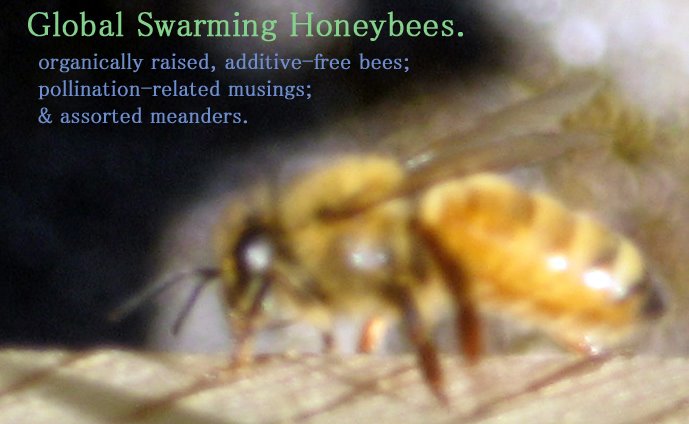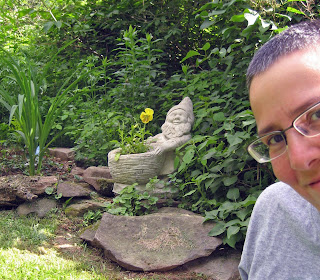
I've just started E.O. Wilson's new book, The Creation, an urgent plea from a Pulitzer Prize-winning biologist to protect biodiversity by finding common ground between the "science community" and the "religious community" in order to halt the biological holocaust before it is too late. It's now or never, folks, and Wilson makes the case in potent terms.
The book is written in the form of a letter to a pastor, illuminating the intertwingular zone where spiritual belief, respect for the natural world, and science connect. Some passages of interest from the first few pages:
"According to archaeological evidence, we strayed from Nature with the beginning of civilization roughly ten thousand years ago. That quantum leap beguiled us with an illusion of freedom from the world that has given us birth. It nourished the belief that the human spirit can be molded into something new to fit changes in the environment and culture, and as a result the timetables of history desynchronized. A wiser intelligence might now truthfully say of us at this point: here is a chimera, a new and very odd species come shambling into our universe, a mix of Stone Age emotion, medieval self-image, and godlike technology. The combination makes the species unresponsive to the forces that count most for its own long-term survival."
***
"Even if the rest of life is counted of no value beyond the satisfaction of human bodily needs, the obliteration of Nature is a dangerous strategy. For one thing, we have become a species specialized to eat the seeds of four kinds of grass—wheat, rice, corn, and millet. If these fail, from disease or climate change, we too shall fail. Some fifty thousand wild plant species (many of which face extinction) offer alternative food sources. If one insists on being thoroughly practical about the matter, allowing these and rest of the wild species to exist should be considered part of a portfolio of long-term investment. Even the most recalcitrant people must come to view conservation as simple prudence in the management of Earth's natural economy. Yet few have begun to think that way at all."
***
"Granted, many people seem content to live entirely within the synthetic ecosystems. But so are domestic animals content, even in the grotesquely abnormal habitats in which we rear them. This in my mind is a perversion. It is not the nature of human beings to be cattle in glorified feedlots. Every person deserves the option to travel easily in and out of the complex and primal world that gave us birth. We need freedom to roam across land owned by no one but protected by all, whose unchanging horizon is the same that bounded the world of our millennial ancestors. Only in what remains of Eden, teeming with life forms independent of us, is it possible to experience the kind of wonder that shaped the human psyche at its birth."
—E.O. Wilson, The Creation: An Appeal to Save Life on Earth
Listen to an interview with Wilson on NPR or check out this televised interview on PBS's Religion & Ethics NewsWeekly.



